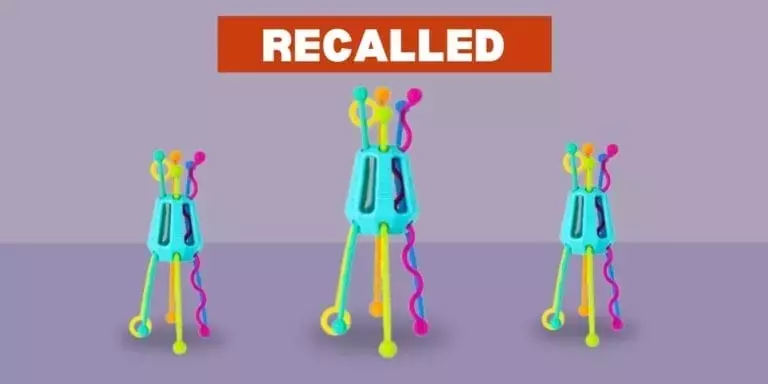
































































A recent viral video featuring parenting coach Dr. Chelsey Hauge-Zavaleta has ignited a significant debate among families regarding the optimal frequency of praising children. Dr. Hauge-Zavaleta suggested that parents aim for at least 100 praises daily, escalating to nearly 500 for neurodivergent children, to positively influence behavior. This recommendation, while met with enthusiasm by some, left many parents feeling overwhelmed and questioning the feasibility of such a demanding regimen, particularly those already balancing numerous responsibilities.
The central tenet of Dr. Hauge-Zavaleta's advice is that consistent positive attention can reshape behavior by emphasizing children's accomplishments. She posits that children tend to replicate actions that garner recognition. Furthermore, she pointed out that neurodivergent children, especially those with ADHD, often encounter a disproportionate amount of corrective feedback compared to encouragement, making targeted praise even more crucial for their development.
It is important to note that the specific numbers proposed by Dr. Hauge-Zavaleta stem from her personal coaching methodology and are not official guidelines from established medical or psychological organizations. Neither the American Academy of Pediatrics (AAP) nor the American Psychological Association (APA) endorse a precise daily quota for praise. However, the underlying principle of her message aligns strongly with evidence-based research on positive reinforcement. Studies consistently demonstrate that behaviors followed by positive feedback—be it warmth, attention, or specific praise—are more likely to be repeated.
Leading child development and psychological bodies generally support the concept of positive reinforcement. For instance, the American Academy of Pediatrics advocates for caregivers to utilize positive reinforcement and calm, specific praise as integral components of healthy disciplinary practices. Similarly, the American Psychological Association emphasizes that praise directly linked to a child's actions fosters motivation and persistence. The consensus among researchers is that parenting strategies are most effective when they are realistic and sustainable for families to implement, suggesting that quality and genuine connection supersede a strict numerical target.
The viral video's impact highlights a common stress point for parents. While many parents, particularly those with neurodivergent children, resonated with the need for more positive interactions, the idea of meticulously tracking hundreds of praises per day induced feelings of guilt and inadequacy. Parents often manage complex schedules, special needs, therapies, and emotional support, making such a high-volume praise target seem unachievable. Effective parenting strategies must consider the caregiver's capacity and overall well-being, promoting a sense of encouragement rather than pressure.
The article also addresses the unique challenges faced by neurodivergent children. These children frequently receive more criticism due to misunderstandings of their attention differences, impulsivity, or sensory needs, which are often mistaken for deliberate misbehavior. This constant corrective feedback can lead to negative emotional responses. Research, including a study published in the 'Research on Child and Adolescent Psychopathology', indicates that children with ADHD are often more sensitive to critical feedback and may respond differently to it over time. Therefore, parenting programs for children with ADHD frequently incorporate the technique of 'catching them doing something right,' which encourages acknowledging effort, progress, and cooperation to reinforce their strengths.
A practical approach suggested is "sportscaster praise," where adults briefly describe positive actions as they occur. Examples include, "You zipped your coat on your own," or "You put the marker cap back on." This method is effective because it is specific, observable, and credible, avoiding exaggerated emotional reactions. For families interested in adopting this, simple starting points include choosing a specific routine (like bedtime) to identify a few moments for praise, integrating praise into daily transitions, using concise statements, and focusing on effort rather than perfection.
Ultimately, the effectiveness of specific praise is deeply personal, varying with the caregiver's communication style. Whether a parent expresses enthusiasm or offers quiet observations, both approaches can contribute significantly to a child's confidence. What truly matters is the clarity, genuine connection, and believability behind the praise, not an arbitrary count.
Acknowledging children's positive actions can profoundly impact their development, especially for those who frequently encounter correction. Neurodivergent children, in particular, benefit from recognition of their efforts and creativity, moving beyond mere reminders of rules. Families do not need to quantify supportive interactions for them to be meaningful. A consistent practice of small, specific affirmations can foster a more balanced self-perception in children, and caregivers who feel supported themselves are better equipped to provide this valuable attention. Meaningful positive reinforcement does not require a numerical target.
